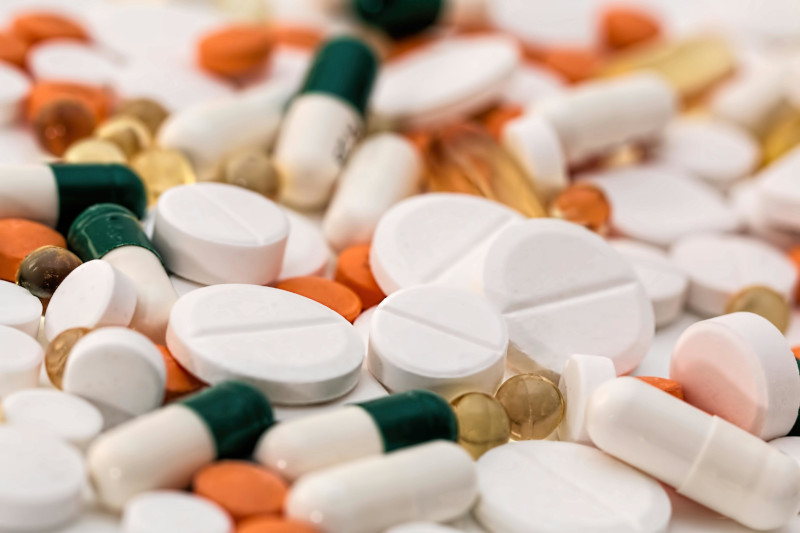
Consequences of fake medicines and pharmacy role – Pt. 2
Community pharmacy and its social value in disadvantaged healthcare environments
Today, most disadvantaged villages and rural areas continue to suffer the consequences of a lack of adequate health services. This in turn leads to a deterioration in disease and an increase in mortality, reflecting a poor health index in underprivileged areas. Not only do these environments suffer from a lack of medicines, they also suffer from the absence of health structures and personnel for care and advice. This begs the question: what is the role of a community pharmacy and a pharmacist in a disadvantaged environment?
As a pharmacist, my experience with people with health problems consists above all in advising them on the use of medicines, showing them where to find quality medicines, and warning them of the consequences of self-medication. In this context, the pharmacist occupies a space that represents an opportunity for the healthcare system to capture and intervene for a significant number of people, particularly in the field of prevention and healthcare promotion, as well as in self-care situations.
Challenges such as limited access and shortages of health personnel exacerbate the health crisis in disadvantaged areas. Increasingly, the inadequacy of healthcare personnel is a major cause of these problems in rural and semi-urban areas, where the majority of people resort to self-medication for treatment, and therefore cannot benefit from advice on the use of medicines.
Given that health coverage and the use of health insurance are almost non-existent, people who need medicines cannot receive treatment because they do not have the means to pay. In addition, the lack of basic infrastructures such as community pharmacies and qualified personnel (technical know-how), contributes to limiting access to basic medicines and health advice that can save thousands of lives every day.
This problem is becoming increasingly apparent in some villages, where the supply of vaccines continues to be a real challenge, due to inadequate infrastructure, lack of electricity and the absence of a fridge to store doses of vaccines and other medicines. With this in mind, it is important to present the role of a community pharmacy, which can always be a support to populations who find it difficult to access health infrastructures.
These community pharmacies are places of refuge in the heart of communities, where individuals and families can seek help and advice from trusted professionals. Increasingly, these structures will need to help communities improve access to medicines and reduce health inequalities.
The flexible, informal environment in which community pharmacies operate is an added benefit appreciated by the community. Pharmacists play a vital role in improving people’s health, particularly in disadvantaged areas, by providing convenient and equitable access to health-enhancing services, and are often an important social value and community asset.
Optimizing the use of good medicines is at the heart of the pharmacy’s role, and the provision of medicines includes advice on the safe and effective use of medicines, and the promotion of advice where appropriate. In this case, pharmacists present protocols for the treatment of certain common diseases such as malaria, diabetes, heart disease, … or provide other services such as vaccination, nutritional advice, family planning, …
To promote a good health system and guarantee the health and well-being of our populations, it is obvious that we need to put in place a reliable system of access to medicines, without which the health system remains incomplete and we leave many of our communities living in disadvantaged environments to die.
